About memy stats
Information about me
As previously stated on the home page, I'm from Caribou, Maine and have done many different things from sports all four years of high school to reaching the rank of Eagle Scout and Brotherhood in the Scouts and the Order of the Arrow respectively. I am great at learning in a lab or work environment as I think the difference in ECE GPA and cumulative GPA compare. I have taught myself many things along the way including Python, AI development, and Web Development packages.
7
Projects
Completed
136
Credit hours
Earned
3.1
ECE
GPA
3.1
Cumulative
GPA
My Skills
My Timeline
2025-2027
MS in Software Development -Boston University
Currently pursuing a Master of Science in Software Development.
July 2025 - Present
ML Data Associate II -Amazon
Collaborate with cross-functional AI and ML teams to prepare, label, and refine multimodal datasets (text, speech, audio, image, and video) for training and evaluating large language models (LLMs) and generative AI systems. Apply prompt engineering techniques to evaluate and improve model responses, ensuring alignment with task requirements, quality benchmarks, and responsible AI standards. Transform raw data into clean, structured datasets by identifying, filtering, and removing irrelevant or low-quality samples to enhance model performance and reliability.
2021-2025
BS in Computer Engineering, Minor: Computer Science -University of Maine
Completed Bachelor of Science in Computer Engineering with a Minor in Computer Science. Selected Courses: Software Engineering, Cloud Computing, Machine Learning, Project Management.
May 2023-September 2024
ML Research Assistant -Advanced Structures and Composite Center
Refactored 3,000+ lines of MATLAB code into modular Python components, improving maintainability and performance of scientific simulation workflows. Designed and implemented a physics-informed neural network (PINN) framework to model composite materials using machine learning techniques. Coordinated a 10-member interdisciplinary team using Agile methodologies to deliver iterative releases and ensure milestone completion.
My PortfolioMy Work
Some work and projects I have done. I classify technical projects as thing that I have spent over ten hours on, or if it is a team project averages more than ten hours a person.
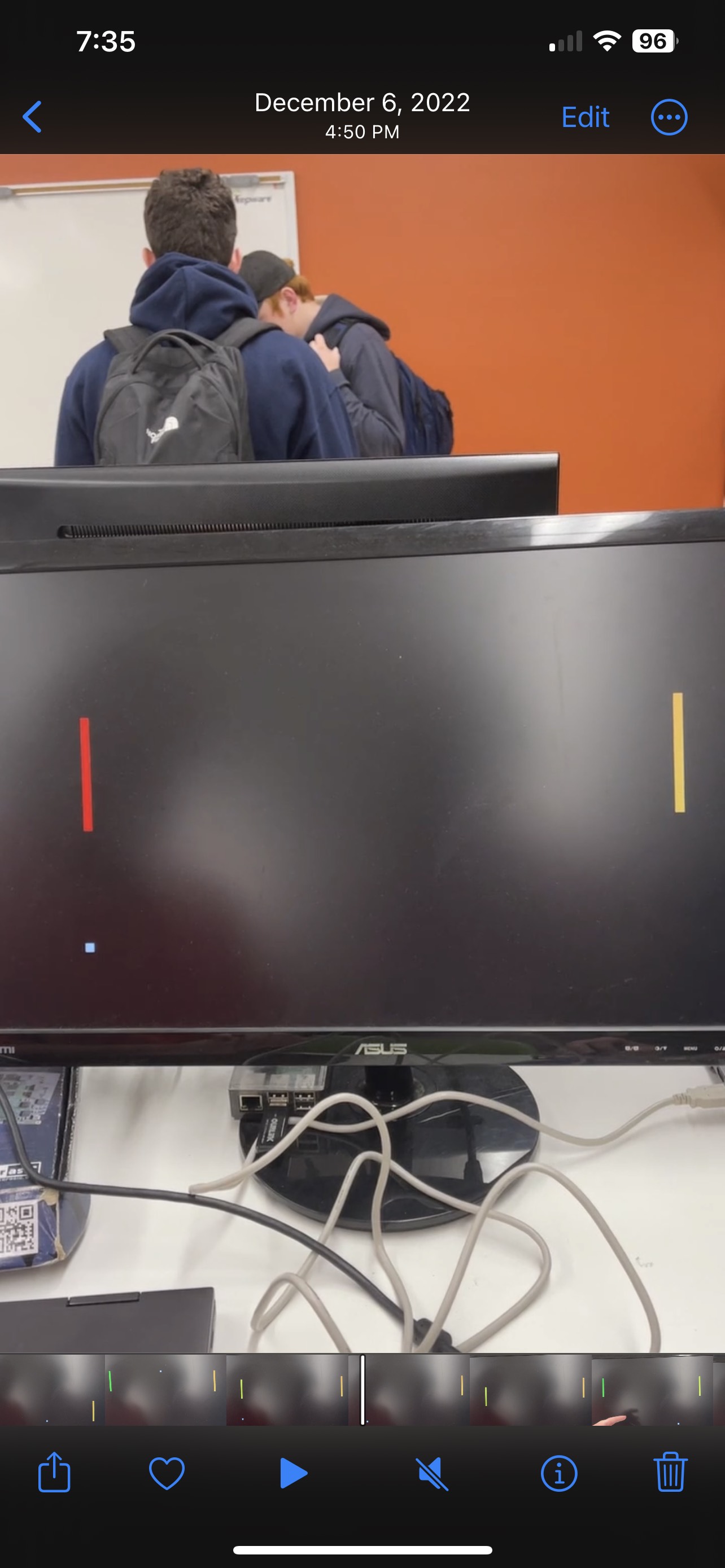
Pong Game
This project was the final project for ECE 275 Sequential Logic Systems and it used a Quartus II Cyclone III FPGA and the basic controls were the switches for moving up and down, while a button on the FPGA was used to reset to the starting state. The game also included lives through the colors of the paddles. the green is full of lives, yellow means you lost one life, orange is you've lost two lives, and being on red means that there's one life left. Also to make the game harder, there is a hard mode implemented where it turns the ball into the background color to hide where it is going until it reaches around 100 pixels away from the side walls.
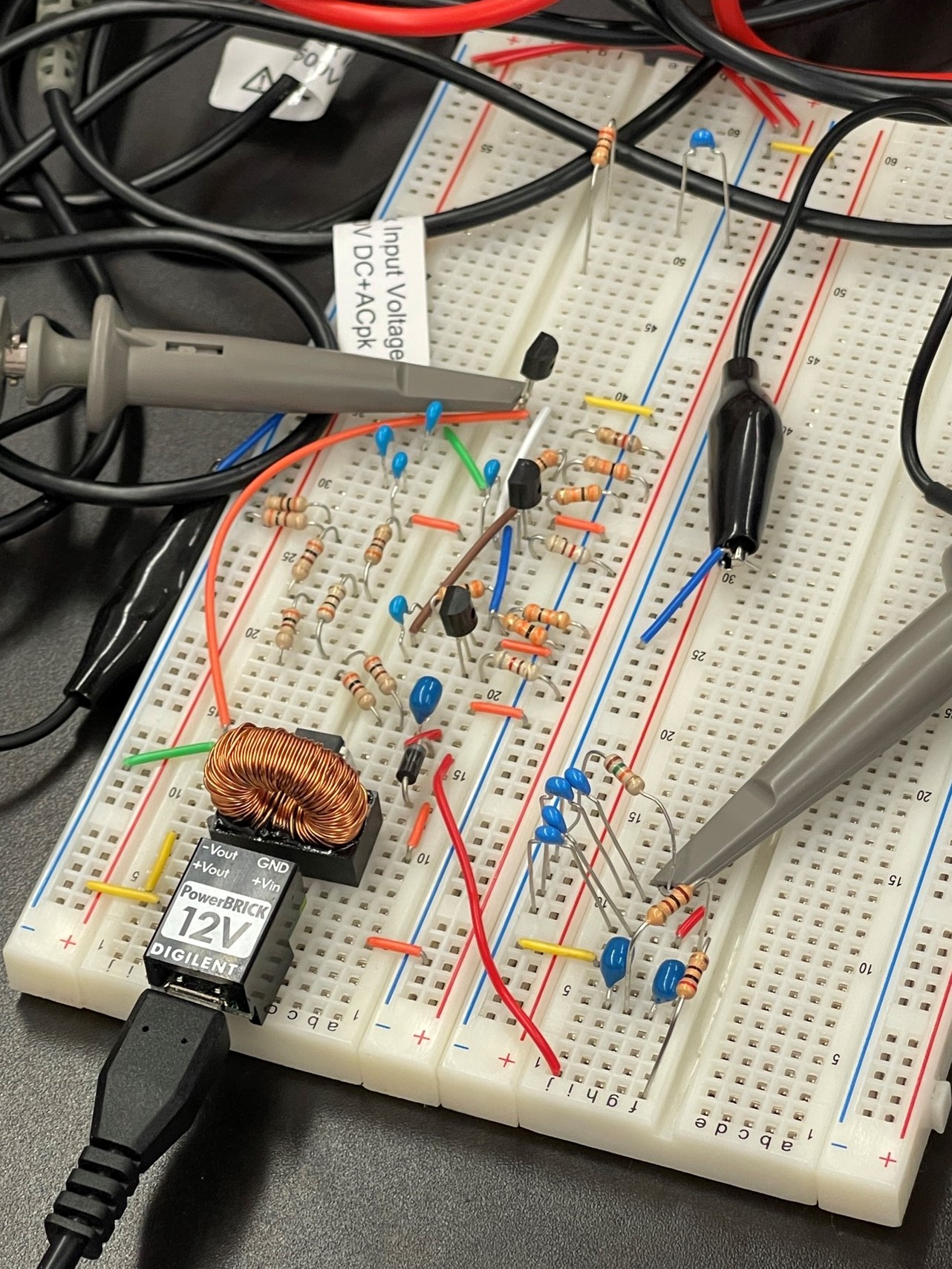
DC-DC Power Supply
This project was the final project for ECE 210 where we went through the whole process of developing a DC-DC boost converter. Through this project, we did all the math needed, along with running simulations with Ngspice, and MATLAB. Once our design met the design specification, we implemented it on a breadboard and debugged it until we met the specifications through measuring tools such as the Analog Digilent II and a voltmeter. Finally, throughout the process, we had to document our process steps and report them in a technical report.

Portfolio Website
This project is the current webpage you are looking at currently where I had the help from freeCodeAcademy portfolio video, but as I learn more about Web Development the more this website will change with plans to learn and implement React, node.js and turn it into a full-stack project and not just a frontend. Current technologies used are HTML/CSS and JavaScript.
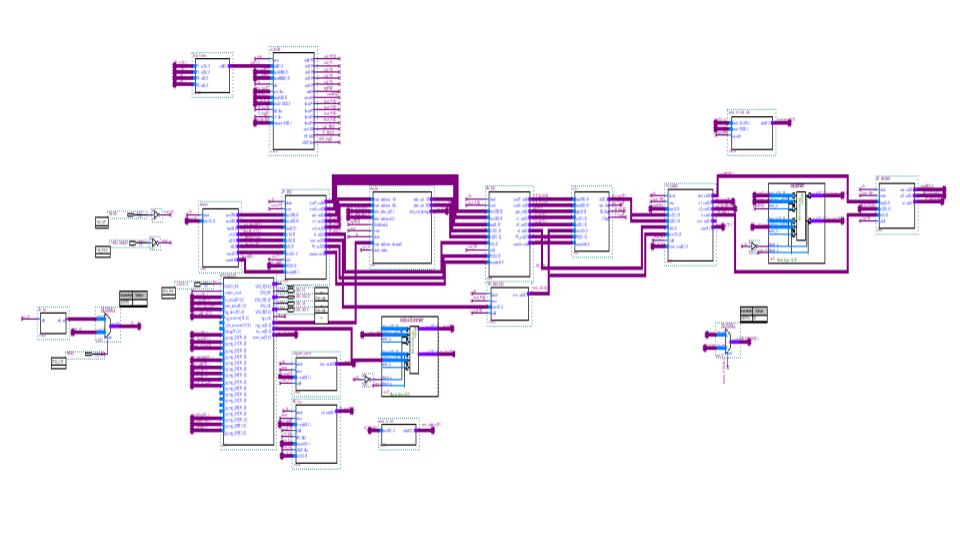
RISC-V 5 Stage Pipeline Processor
This project was the final project for ECE 473 Computer Arch and Organization and it used Quartus, and an Altera Cyclone V FPGA. We used Verilog and block diagrams to build a simple 5 stage pipeline processor that has the implemented instructions from RISC-V. The processor has passed all 9 benchmark problems to test the processor including, but not limited to binary search and computing the fibonacci sequence. Code should work on github. If needed a zip file can be sent of 100% working design.
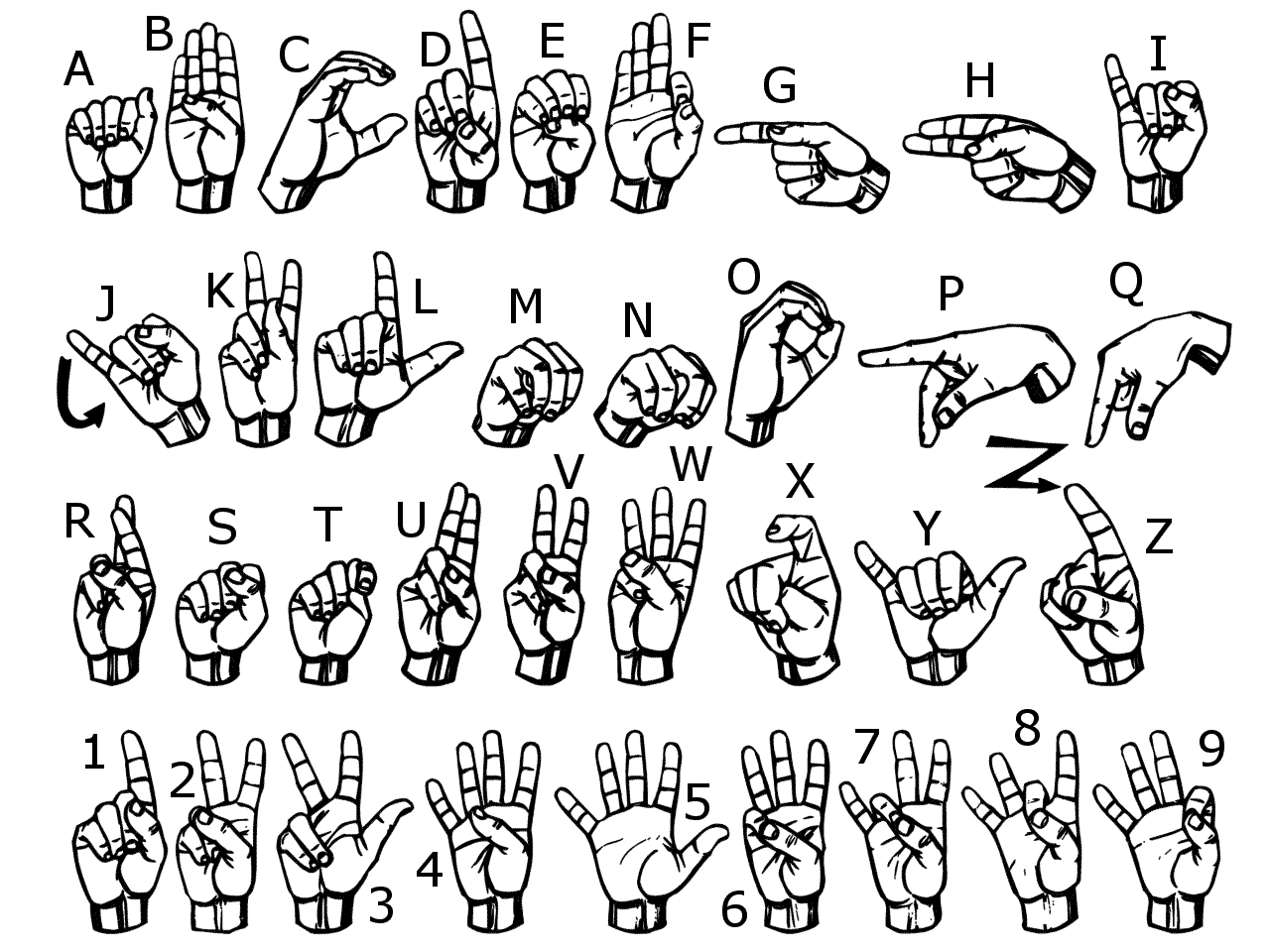




Alfond Data Logger
This project is my senior project where we had to design and solder parts onto a PCB and produce microcontroller code for this device. Our project involed gathering data from a DS18B20, MS8607, and INA260, then this data was displayed on a SSD1306, and sent through Zigbee to a Raspberry Pi 4, which then saves this data into a CSV for future use in the arena.
My ClassesMy Classes
Current Classes
There is currently an error where if you click a class on Safari the information for the class doesn't appear.
As this error seems to only occur on Safari, switching browsers should work, and show the information as intended.
COS 420
Required?: No
Why I'm taking this course: I'm taking this course as it will help me think like a Software Engineer.
Description: A broad view of software engineering which introduces a variety of software engineering techniques which can be applied to practical software projects. Topics include process models, human factors, software specification; software design, programming techniques and tools, and validation.

COS 420
Intro to Software Engineering
ECE 498
Required?: No
Why I'm taking this course: I'm taking this course as it will help me learn how to write more secure code and prevent hacks.
Description: Topics in electrical engineering not regularly covered in other courses. May include advanced microprocessor applications, robot applications, instrumentation semiconductor technology, introduction to VLSI design and microwave acoustics. Content can be varied to suit current needs. May be repeated for credit, with departmental permission, if topics differ for a total of 9 completions and 27 total credits. (This topic is covering the foundations of cyber security)
ECE 498
Selected Topics in Electrical and Computer Engineering
COS 442
Required?: No
Why I'm taking this course: I'm taking this course as it will give me a better understanding of software development in the cloud.
Description: The National Institute of Stands and Technology (NIST) defines cloud computing as "a model for enabling ubiquitous, convenient, on-demand network access to a shared pool of configurable computing resources (e.g., networks, servers, storage, applications and services) that can be rapidly provisioned and released with minimal management effort or service provider interaction." This course will study the technologies underpinning the rapid expansion of this computing paradigm, the problem-solving capabilities enabled by the cloud, and provide the student with hands-on experience in utilizing cloud services for scientific research. It will focus on the virtualization of computational resources, cloud storage models, distributed computing in the cloud, and important applications areas such as big data analytics. COS 442 and COS 542 cannot both be taken for credit. If COS 542 was taken as a topics course in COS 598, it cannot be repeated for credit.

COS 442
Cloud Computing
ECE 403
Required?: Yes
Why I'm taking this course: I'm taking this course as it is the last semester of a three-semester-long project.
Description: Third of a three-semester sequence of courses involving the design, implementation, and reporting of an engineering device, system or software package by an individual student or small group. Part three: written and oral presentation of the completed project.

ECE 403
Elec & Comp Eng Design Project
ECE 491
Required?: No
Why I'm taking this course: I'm taking this course as it will help me learn even more about AI and deep learning.
Description: This course is an introduction to deep learning, a branch of machine learning concerned with the development and application of deep artificial neural networks. Topics include convolution neural networks, recurrent neural networks, and their applications for various engineering and scientific problems. Students should know at least one high-level programming language. This course will use Python and give tutorials on Python programming. Students will gain hands-on experience of developing, training, and evaluating deep learning models to solve sophisticated problems.
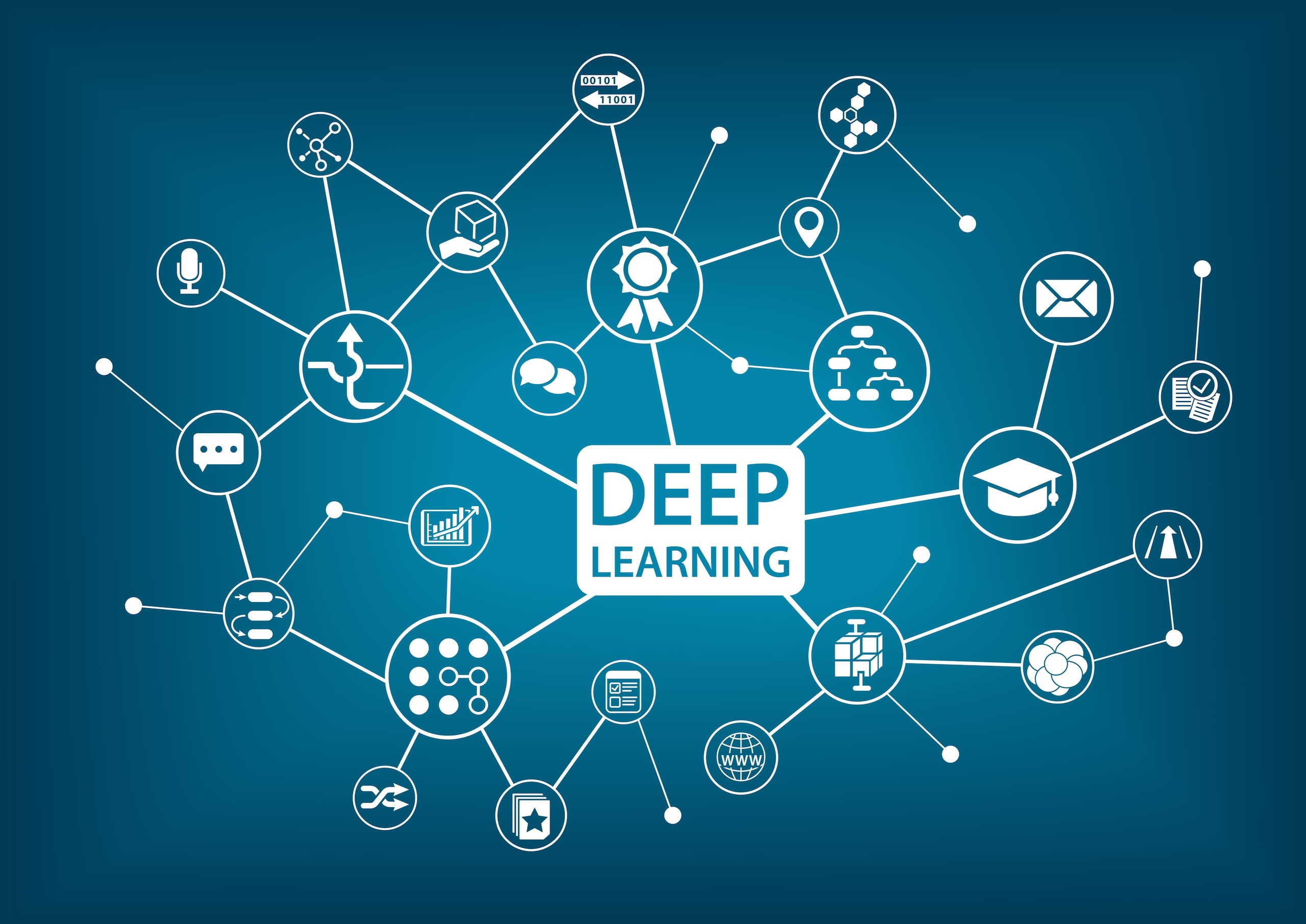
ECE 491
Deep Learning
ECE/EET Classes
ECE 100
Grade: 3.33
Why I took this course: I took this course to satisfy my Freshman Seminar class.
Description: Introduces first-year and transfer students to different aspects of Electrical Engineering and Computer Engineering programs and exploration of career paths and professional responsibilities. Presentations will be made by the instructor, faculty, and industry speakers.

ECE 100
Elect & Comp Engineer Seminar
ECE 101
Grade: 3.67
Why I took this course: I took this course to see an overview of all the possibilities in computer engineering.
Description: Introduction to information and concepts of general use in Electrical and Computer Engineering. Topics include: the basic use of personal computers, mathematical concepts, and the development of problem-solving skills with professional communication. Students work in teams on projects involving digital and motor control.

ECE 101
Intro Elect & Comp Eng
ECE 177
Grade: 2.67
Why I took this course: I took this course to expand my knowledge of software development, which in this course was C.
Description: Introduction to computer programming with emphasis on algorithms and an understanding of underlying hardware. Topics include syntax, variables, control structures, pointers, operations, functions, and input and output.
ECE 177
Intro Program for Engineers
ECE 198
Grade: 3.00
Why I took this course: I took this course to expand my knowledge of software development, which in this course was C++.
Description: This course was about learning the OOP language, C++. For a description that is similar to this, refer to COS 225.

ECE 198
Sel Top Elec & Computer Egr - Course Topic: Object-Oriented Programming
ECE 210
Grade: 4.00
Why I took this course: I took this course to expand my knowledge of hardware development and for future prerequisites.
Description: Topics include: Basic circuit laws and theorems, nodal analysis, op-amps, natural and forced responses of first and second-order systems, phasor concepts, solution of steady-state AC circuits, AC power calculations.
ECE 210
Electric Circuits I
ECE 275
Grade: 2.67
Why I took this course: I took this course to expand my knowledge of firmware development and for future prerequisites.
Description: Methods of design and testing for logic systems with memory. Includes procedures and the design of system tests, combinational design, multi-level circuits, logic minimization, sequential design, analysis and optimization and the use of computer tools for logic design.
ECE 275
Sequential Logic Systems
ECE 214
Grade: 3.00
Why I took this course: I took this course to expand my knowledge of hardware development and for future prerequisites.
Description: Extension of ECE 210 introducing frequency response, basic filters, Bode plots, and Fourier Series, with lab exercise and circuit simulations to demonstrate concepts. Participants become familiar with circuit simulation, safety, and grounding considerations, instrumentation, e.g., oscilloscopes, signal sources, multimeters, and signal analyzers. Also of particular significance will be the development of technical writing skills.
ECE 214
Electrical Circuits II
ECE 271
Grade: 4.00
Why I took this course: I took this course to expand my knowledge of firmware and software development.
Description: The microcomputer and its component parts include microprocessors, registers, memory, and I/O. Programming in C and Assembly and applying the microcomputer in engineering systems.
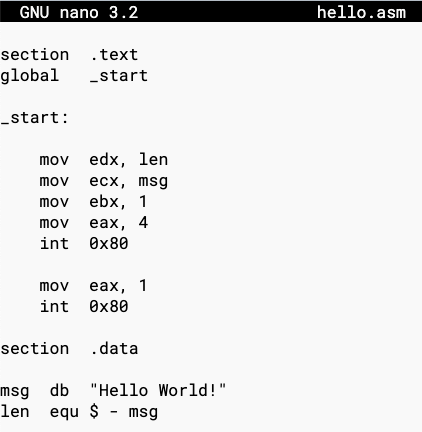
ECE 271
Microcomputer Arch & Appl
ECE 314
Grade: 1.0
Why I took this course: I took this course to expand my knowledge of signal analysis and for future prerequisites.
Description: Analysis of continuous linear time-invariant systems including Fourier series, Fourier transforms, Laplace transform techniques and their applications; transformation and properties of continuous signals and systems, convolution, transfer functions and state variable system representations.

ECE 314
Signals & Systems
ECE 331
Grade: W
Why I took this course: I'm taking this course to better understand server basics.
Description: Topics include hardware and devices, file systems, user management, backup and recovery, application management, and network services such as NFS, NIS, DNS, DHCP, electronic mail, and Web servers. Problem-solving and diagnostic methods, performance tuning, legal and professional issues, ethics and policies, and security aspects of hosts on the Internet are discussed. Students gain hands-on experience and complete a project.
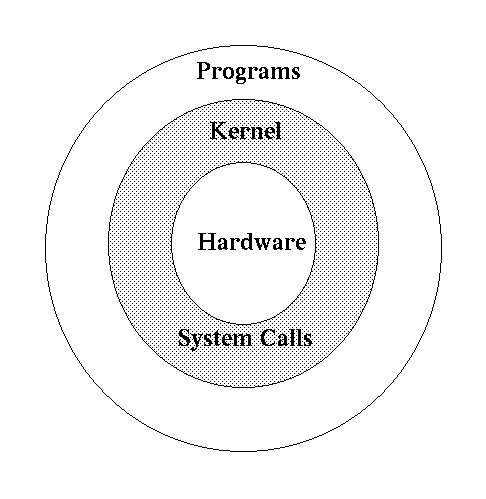
ECE 331
Intro to UNIX Systems Admin
ECE 342
Grade: 2.7
Why I took this course: I took this course to expand my knowledge of hardware development.
Description: Investigates semiconductor fundamentals of the p-n junction, BJT and MOSFET. Static and low-frequency dynamic models are developed and utilized in design and analysis. Explores basic electronic circuit building blocks based on diodes, BJT's MOSFET's and fully-compensated op-amps. Digital efforts are concentrated in the CMOS and pseudo-NMOS areas.
ECE 342
Electronics I
ECE 405
Grade: 3.0
Why I took this course: I took this course as it is the first of three senior project semesters.
Description: First of a three-semester sequence of courses involving the design, implementation, and reporting of an engineering device, system or software package by an individual student or small group. Part one: project selection, feasibility studies and proposal writing.

ECE 405
Computer Engineer Design Proj
ECE 406
Grade: 2.67
Why I took this course: I took this course as it is the second of three semester-long senior project.
Description: Second of a three-semester sequence of courses involving the design, implementation, and reporting of an engineering device, system or software package by an individual student or small group. Part two: resource location, module debugging, prototype testing.

ECE 406
Computer Engineer Design Proj
ECE 471
Grade: 4.0
Why I took this course: I tookg this course to expand my knowledge of firmware and software development.
Description: Application of micro-processors to the solution of design problems, including hardware characteristics, peripheral control techniques and system development.

ECE 471
Embedded Systems
ECE 473
Grade: 4.0
Why I took this course: I'm taking this course to help round out my skills as a computer engineer, helping in my firmware engineering side.
Description: Evolution, design implementation, and evaluation of state-of-the-art systems; the organization and structure of computer systems; the architecture of single-processor computer systems; Memory Systems, including interleaving, hierarchies, virtual memory and cache implementations; Communications and I/O, including bus architectures, disk arrays, and DMA.
ECE 473
Computer Arch & Organization
ECE 486
Grade: 3.0
Why I took this course: I took this course as it helped with understanding of analog and digital signals
Description: A study of discrete-time signals and systems, Z-transforms, discrete Fourier series, and transforms. Efficient implementations of discrete-time system and design of IIR, FIR, and multirate digital filter structures.
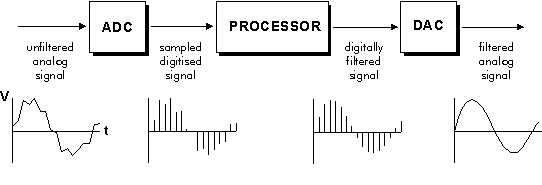
ECE 486
Digital Signal Processing
ECE 498
Required?: No
Why I'm taking this course: I'm taking this course as need one extra credit in ECE for a technical credit and this embedded system design class counts as one credit hour.
Description: Topics in electrical engineering not regularly covered in other courses. May include advanced microprocessor applications, robot applications, instrumentation semiconductor technology, introduction to VLSI design and microwave acoustics. Content can be varied to suit current needs.
ECE 498
Topics in Elec & Computer Engineering
EET 486
Grade: 4.0
Why I took this course: I took this course for a formal management course.
Description: Covers the basics with particular emphasis on Technical Project Management. Includes designing a project plan, selecting and allocating resources, team-building skills, project plan implementation, and other topics relevant to Project Management. Focuses on developing the skills needed to effectively manage a variety of technical projects, and to prepare students for certification as Project Management Professionals (PMP).

EET 486
Project Management
Computer Science Classes
COS 140
Grade: 4.0
Why I'm taking this course: I'm taking this course as it is required for the COS minor.
Description: A rigorous, non-programming introduction to the field of computer science. Several core areas of computer science are introduced, including digital logic, computer organization and architecture, operating systems, programming languages, and computer networks. For each, particular solutions to fundamental problems in the area are studied in depth to expose the student to what the field is actually about how computer scientists think. No programming is taught or required in the course.
COS 140
Foundations of Computer Sci
COS 225
Grade: 3.3
Why I took this course: I'm taking this course to get into the Computer Science department and this class is a base requirement.
Description: Introduces the student to the fundamental principles of object-oriented design and programming using a high-level object-oriented language. Focuses on the specification, design, and implementation of classes and the interactions between classes, inheritance, abstract classes, and polymorphism. Introduces fundamental data structures including stacks, queues, lists, and binary trees.
COS 225
Object-Oriented Design, Proj
COS 226
Grade: 2.7
Why I took this course: I took this course to better understand data structures, and for higher-level computer science courses.
Description: Introduction to the fundamental principles of data structures, including their use, specification, and implementation, as well as fundamental principles of algorithms related to data structures. Data structures covered include lists, trees, graphs, and hash tables. Also covers the fundamentals of algorithm analysis and a basic introduction to NP-completeness.
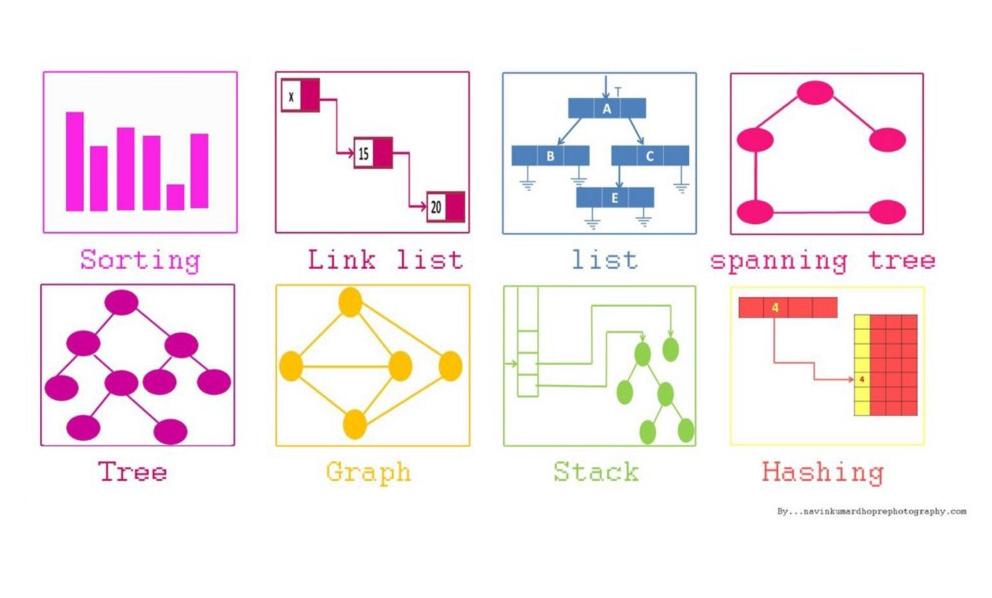
COS 226
Intro Data Struct & Algorithms
COS 250
Grade: 2.67
Why I took this course: I'm taking this course as it will satisfy my discrete mathematics credit.
Description: Introduction to discrete structures used in various areas of computer science. Topics include logic, sets, relations, functions, cardinality, enumeration, and computability.
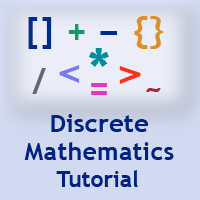
COS 250
Discrete Structures
COS 331
Grade: 2.33
Why I took this course: A OS course is required for the major and this counts towards the electives of my CS minor
Description: Study of the structure of current computer operating systems. Topics include I/O management, memory management, multiprogramming, linking loaders, real and virtual systems, batch and time sharing.

COS 331
Operating Systems
COS 475
Required?: No
Why I took this course: I'm taking this course to understand more about the machine learning process
Description: Machine Learning is the study of how to build computer systems that learn from experience. It is a subfield of Artificial Intelligence and requires a good background knowledge in linear algebra (LA) and probability. The course will explain how to build systems that learn and adapt using examples from real-world applications. Main topics covered in this course includes supervised learning such as classification and regression, lasso, feature selection, neural networks, random forest, support vector machines, unsupervised learning like PCA, clustering, and GMM, deep convolutional neural network, generative adversarial networks, and reinforcement learning.

COS 475
Machine Learning
Math Classes
MAT 117
Grade: 4.00
Why I took this course: I took this course as a high school dual-credit course.
Description: This course focuses on variables, functions, and equations involving functions. Topics include general concepts of functions and properties of power, quadratic, polynomial, rational, exponential, and logarithmic functions, as well as corresponding equations.

MAT 111
College Algebra
MAT 121
Grade: 3.33
Why I took this course: I took this course as a high school dual-credit course.
Description: Polynomial functions, rational functions, exponential functions, and logarithmic functions are covered. Special emphasis is placed on the trigonometric functions. Other topics include composite and inverse functions, and analytic geometry.
MAT 121
Pre-Calculus
MAT 126
Grade: 3.33
Why I took this course: I took this course to reinforce my previous Calculus I course.
Description: An introduction to calculus for students in mathematics, engineering, and the sciences. Covers the differential calculus of the algebraic, trigonometric, exponential, and logarithmic functions, concluding with the definite integral and the fundamental theorem of calculus. The approach is intuitive and geometric, with an emphasis on understanding the basic concepts of function, limit, derivative and integral.
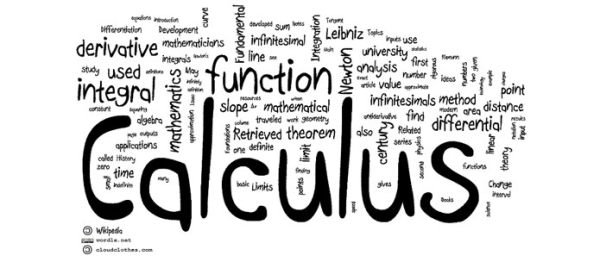
MAT 126
Calculus I
MAT 127
Grade: 2.00
Why I took this course: I took this course to satisfy my Calculus II credit.
Description: Completes the study of single-variable calculus. Topics covered include inverse trigonometric functions, hyperbolic functions, methods of integration, improper integrals, indeterminate forms, parametric equations, polar coordinates, and infinite series.
MAT 127
Calculus II
MAT 228
Grade: 2.67
Why I took this course: I took this course to satisfy my Calculus III credit.
Description: For students of mathematics, engineering, and the sciences. Vector algebra, geometry, and calculus; multivariable differential and integral calculus, including the theorems of Gauss, Green, and Stokes.

MAT 228
Calculus III
MAT 258
Grade: 2.33
Why I took this course: I took this course to satisfy my differential equations with linear algebra credit.
Description: An introduction to elementary linear algebra and ordinary differential equations including applications.
MAT 258
Int Diff Equa W/Linear Alg
STS 332
Grade: 3.3
Why I took this course: I'm taking this course to satisfy my statistics course.
Description: Statistical methods applicable to engineering including theory and application of classical and nonparametric methods.

STS 332
Statistics for Engineers
General Education and Physics Classes
PHY 121
Grade: 3.67
Why I took this course: I took this course to satisfy my Physics I credit.
Description: An introductory calculus-based physics course, primarily serving students majoring in engineering or the physical sciences. Treats mechanics and acoustics.

PHY 121
Phy Eng & Physical Sci I
PHY 122
Grade: 3.33
Why I took this course: I took this course to satisfy my Physics II credit.
Description: A continuation of PHY 121 including electricity, magnetism, and optics.

PHY 122
Phy Eng & Physical Sci II
PSY 100
Grade: 4.00
Why I took this course: I took this course as a high school dual-credit course.
Description: Provides a general introduction to psychology, the scientific study of behavior and mental processes. The course presents major theoretical perspectives, methodologies, and key findings in physiological, cognitive, motivation, learning, developmental, personality, abnormal, and social psychology.

PSY 100
General Psychology
HTY 161
Grade: 3.67
Why I took this course: I took this course as a high school dual-credit course.
Description: Surveys broad themes and developments in United States history from the pre-contact period through the Civil War and Reconstruction.
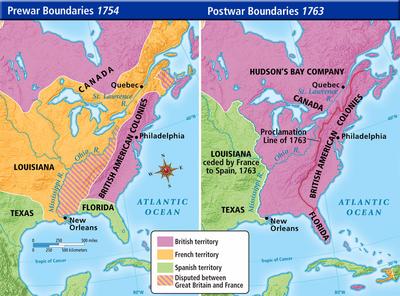
HTY 161
United States History I
HTY 162
Grade: 3.67
Why I took this course: I took this course as a high school dual-credit course.
Description: Surveys broad themes and developments in United States history from the Civil War and Reconstruction through the present.

HTY 162
United States History II
ENG 101
Grade: 3.67
Why I took this course: I took this course as a high school dual-credit course.
Description: The first part of a two-semester sequence in writing, reading, and critical thinking. Emphasis on expository prose, including rhetorical strategies such as observation, explanation, and persuasion. Development of awareness and refinement of the student's own writing process. Some attention to grammar and syntax, as warranted by student writing.
ENG 101
College Composition
CHY 111
Grade: 3.00
Why I took this course: I took this course as a high school dual-credit course.
Description: The first semester of a two-semester lecture and laboratory course in general chemistry. Topics will include the study of the states of matter, structure of matter, chemical reaction, stoichiometric problems, solutions, periodic relationships and periodic table.

CHY 111
General Chemistry I
HPR 101
Grade: 3.00
Why I took this course: I took this course online for a high school dual-credit course.
Description: Students will gain scientific evidence-based knowledge and skills in assessing their wellness, practicing a healthy lifestyle, and pursuing goals for a wellness behavior change. The focus will be on lifelong, primary prevention as a way to contribute to a richer quality of life.
HPR 101
Lifelong Wellness
CMJ 103
Grade: 4.00
Why I took this course: I took this course to satisfy my public speaking credit.
Description: The nature and problems of public speech communication, with practical experience in representative speaking situations.
.jpg)
CMJ 103
Public Speaking
INV 121
Grade: 3.00
Why I took this course: I took this course to satisfy my art general education credit.
Description: Regardless of one's field of study, students need to be able to identify problems and generate solutions, communicate these solutions effectively, and test and implement them successfully. In this course, you will use the Innovation Engineering process and system, that incorporates skills and teaches students how to rapidly innovate and solve everyday problems. This course is designed to provide a complete overview of the Innovation Engineering system.
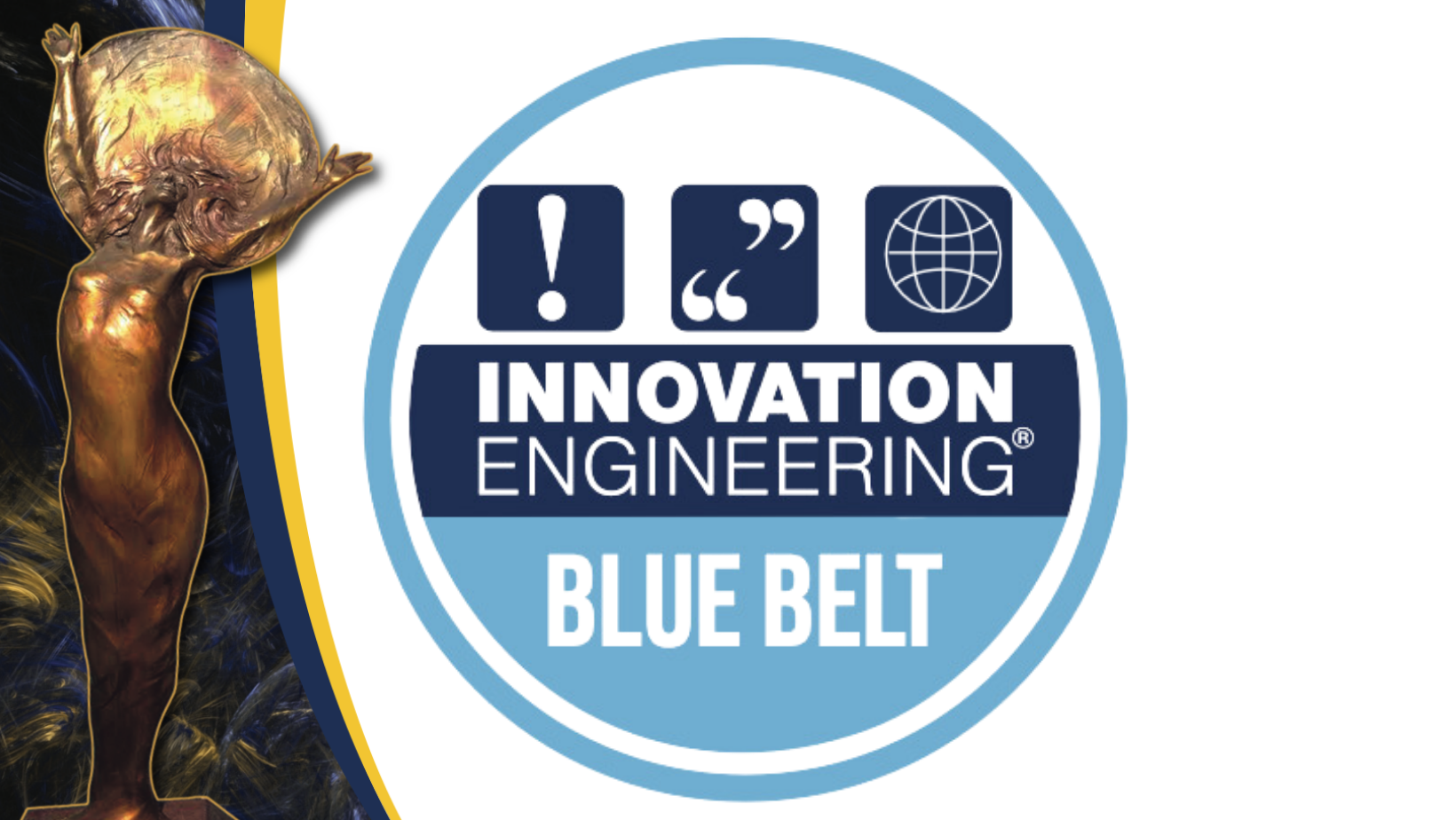
INV 121
Fundamentals of Innovation
ANT 101
Grade: 2.00
Why I took this course: I took this course to satisfy my cultural diversity general education credit.
Description: A survey course focusing on the evolution of humankind, the development of culture, and the beginnings of civilization.

ANT 101
Int Ant: Human Orgin/Prehist
CIE 210
Grade: 2.00
Why I took this course: I took this course to satisfy my population and the environment general education credit.
Description: Introduction to sustainability and sustainable development concepts; the role of engineers in sustainable development; ethical dimension of sustainable development-engineers, technology, and ethics; measuring sustainability; green and sustainable materials; engineers as problem solvers and curators of the planet.

CIE 210
Sustain in Engineering
Contact meContact Info
Contact Info
Information
: Bangor, Maine
: Brookline, Massachusetts, and Bangor, Maine
: Email for phone number
: alex.m.picard@maine.edu
: am.picard03@gmail.com
